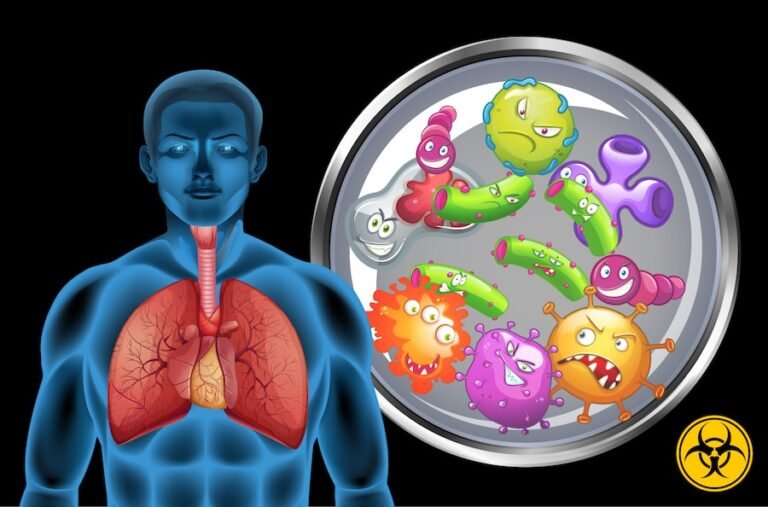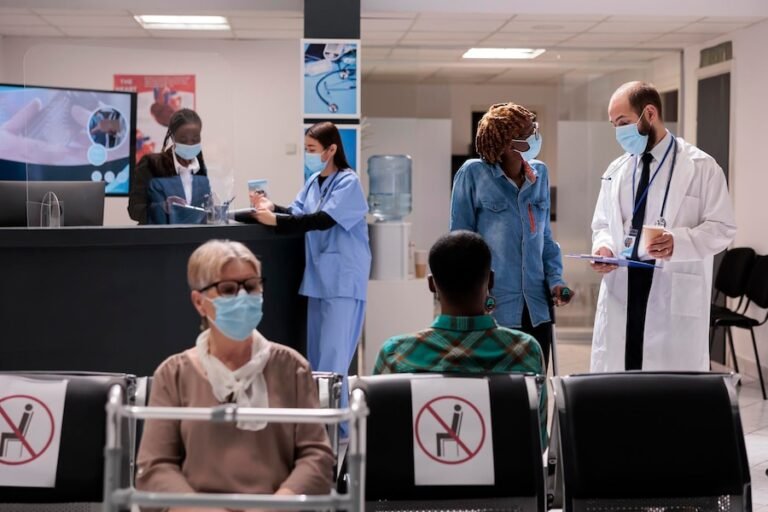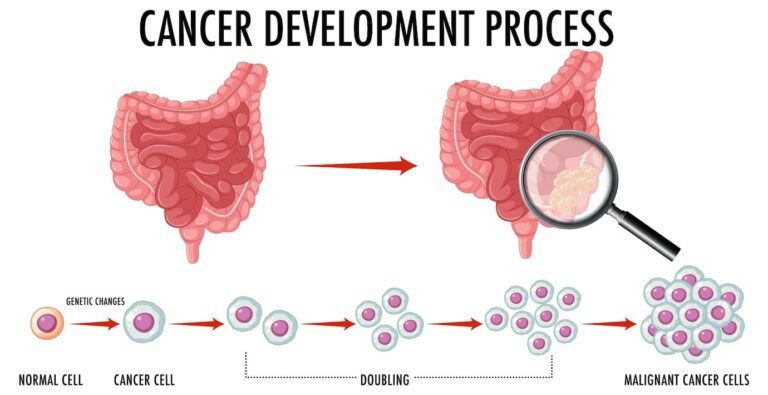Uterine Cancer Symptoms Diagnosis Best Oncologist in Rohini
Uterine cancer, also known as endometrial cancer, is a prevalent form of cancer that affects the uterus, the pear-shaped organ in a woman’s pelvis where fetal development occurs during pregnancy. Best Oncologist in Rohini It is crucial to raise awareness about uterine cancer, as early detection and prompt treatment are key to improving outcomes and enhancing the quality of life for affected individuals. In this article, we aim to provide an overview of uterine cancer, including its risk factors, symptoms, diagnostic approaches, and treatment options.
To Know More About It Please Click Here
Understanding Uterine Cancer
Uterine cancer originates in the cells of the endometrium, the inner lining of the uterus. Most cases of uterine cancer are adenocarcinomas, which develop from the glandular cells that produce mucus to lubricate the uterus. While the exact cause of uterine cancer is not fully understood, several risk factors have been identified, including:
- Age: Uterine cancer is more common in postmenopausal women, with the majority of cases diagnosed in women aged 50 and older.
- Obesity: Excess body weight, particularly abdominal fat, increases the risk of uterine cancer due to elevated levels of estrogen, a hormone that can promote the growth of endometrial cells.
- Hormonal Factors: Prolonged exposure to estrogen without the counterbalancing effects of progesterone, as seen in conditions such as estrogen therapy without progestin and polycystic ovary syndrome (PCOS), can increase the risk of uterine cancer.
- Diabetes: Women with diabetes, especially those with poorly controlled blood sugar levels, have a higher risk of developing uterine cancer.
- Hereditary Factors: Inherited genetic mutations, such as those associated with Lynch syndrome (hereditary nonpolyposis colorectal cancer), can predispose individuals to uterine cancer.
Symptoms of Uterine Cancer
Early-stage uterine cancer may not cause noticeable symptoms, but as the disease progresses, the following signs and symptoms may occur:
- Abnormal Vaginal Bleeding: The most common symptom of uterine cancer is abnormal vaginal bleeding, such as bleeding between periods, postmenopausal bleeding, or unusually heavy or prolonged menstrual periods.
- Pelvic Pain or Discomfort: Some women may experience pelvic pain, pressure, or discomfort, particularly during intercourse or urination.
- Changes in Urinary or Bowel Habits: Uterine cancer can cause urinary symptoms such as increased frequency or urgency, as well as bowel changes such as constipation or diarrhea.
- Pelvic Mass or Enlargement: In advanced cases, uterine cancer may lead to the development of a palpable pelvic mass or enlargement.
Diagnosis and Treatment Best Oncologist in Rohini
Diagnosing uterine cancer typically involves a combination of medical history review, physical examination, imaging studies (such as transvaginal ultrasound or MRI), and tissue biopsy. Once diagnosed, treatment options for uterine cancer may include:
- Surgery: The primary treatment for uterine cancer involves surgical removal of the uterus (hysterectomy) and possibly the ovaries and fallopian tubes (salpingo-oophorectomy). Lymph node dissection may also be performed to assess the extent of disease spread.
- Radiation Therapy: Radiation therapy uses high-energy X-rays or other forms of radiation to destroy cancer cells and shrink tumors. It may be used before surgery (neoadjuvant therapy) to reduce tumor size or after surgery (adjuvant therapy) to kill any remaining cancer cells.
- Chemotherapy: Chemotherapy involves the use of powerful medications to kill cancer cells or prevent their growth and spread. It may be recommended for advanced or recurrent uterine cancer or in combination with other treatments.
- Hormone Therapy: Hormone therapy may be used to block the effects of estrogen on uterine cancer cells, particularly in women with estrogen receptor-positive tumors.
To Know More About It Please Click Here
Conclusion:
Uterine cancer is a serious condition that requires prompt medical attention and comprehensive treatment. By understanding the risk factors, symptoms, and diagnostic approaches associated with uterine cancer, individuals can take proactive steps to seek early detection and appropriate management. Best Oncologist in Rohini Through a multidisciplinary approach involving surgery, radiation therapy, chemotherapy, and hormone therapy, healthcare providers strive to achieve optimal outcomes and improve the prognosis for women diagnosed with uterine cancer. Additionally, ongoing research efforts aimed at advancing our understanding of uterine cancer biology and developing targeted therapies hold promise for further improving treatment options and survival rates in the future.







